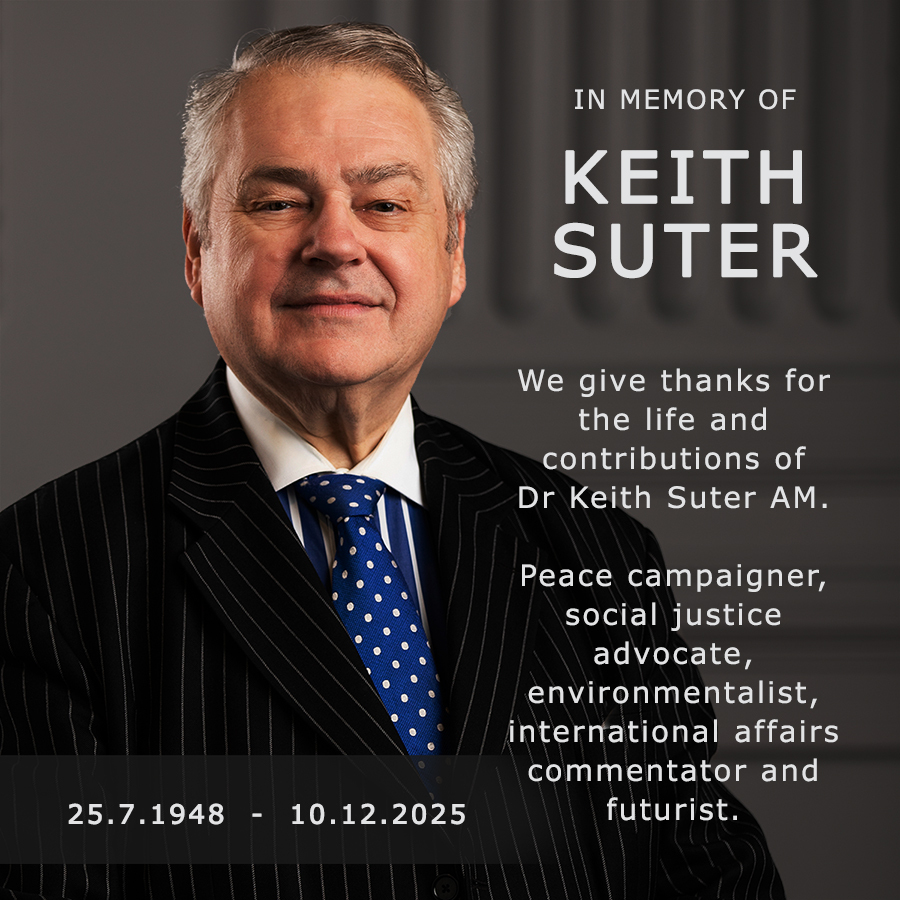
Archive Article: Perth Leads The Way into The Hydrogen Era. 17 Oct 03
December 23, 2008
The world has had about a century in the “petroleum era”. There is speculation about the looming end of that era and its replacement with the “hydrogen era”.
President Bush in this year’s State of the Union Address (which has attracted so much attention because of the references to Iraq) may actually have caused the speech to be of even more long-lasting significance from a point of view hardly commented on at the time. The President announced that he was proposing US$1.2 billion for research funding so that America can lead the world in hydrogen powered automobiles. His vision was that “the first car driven by a child born today could be powered by hydrogen and [be] pollution free”.
Perth, Western Australia is already up and running. It is one of the pioneer cities (the only one in the southern hemisphere) looking at hydrogen bus trials. On a recent trip to Perth, I met Simon Whitehouse and his team who are responsible for this exciting venture at the WA Department of Planning and Infrastructure.
In 2004, Perth will have three fuel cell powered buses. There are 11 cities world wide involved in the trial (including Hamburg, London, Madrid and Stockholm). DaimlerChrysler is also involved. DaimlerChrysler expects to have the full commercialisation of this type of vehicle by 2010.
The basic philosophy is to take as little as possible from a diesel bus and then put in a hydrogen fuel cell drive. BP (which stands for “British Petroleum” and also “Beyond Petroleum”) is supplying the hydrogen from its oil plant south of Perth.
There are various practical problems to be addressed. For example, the basic skills of an automotive mechanic are not adequate to this new era. Ideally, a person should be a basic bus mechanic, who also deals with high pressure gas, and has an A-grade electrician’s ticket. This means that educational curricula will need to be changed to get the right training. The hydrogen era will open up new employment opportunities.
While on education, the Perth bus project will also have an important educational impact in helping to build public acceptance for hydrogen-powered buses. In so far as people now know anything of hydrogen as a fuel, they will recall the German disaster of the hydrogen-filled passenger balloon that crashed in the United States (and whose fate was captured by a movie news company, thereby making the disaster one of the most known disasters of last century). People will need to be reassured that hydrogen fuel is safe. It is safe – but people will need to be reassured that it is.
Of course, it is hard to imagine the end of the petrol era. But, then, it would be hard to imagine its beginning. Imagine trying to convince Australians a century ago about the way that the “horse era” was drawing to a close and that people would be better off with the newfangled invention being developed in Europe and the United States.
I can imagine some conservatives saying that the car would never take on. Australia then thought that it had no domestic supply of oil, whereas it had a lot of very cheap feed for horses. The country also had a lot of leather for harnesses, etc. A car would have to stay on roads (of which there were few in Australia) whereas a horse was far more flexible in where it could go. A car could not journey too far away from a supply of petrol, whereas a horse could refuel itself in the meadow while the owner went about their business.
In short: Perth’s 2004 hydrogen bus trial will be very important for the new era.
Broadcast Friday 17th October 2003 on Radio 2GB’s “Brian Wilshire Programme” at 9pm.
Podcast: Play in new window | Download



